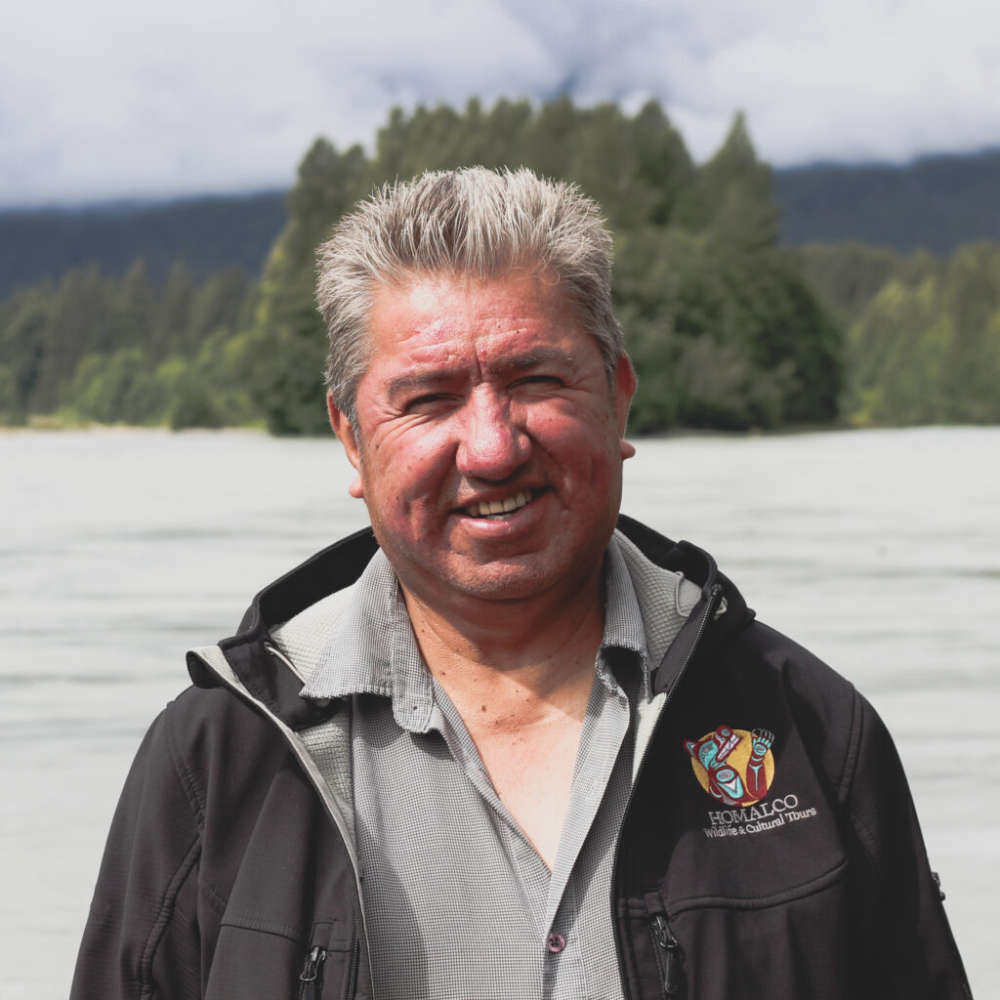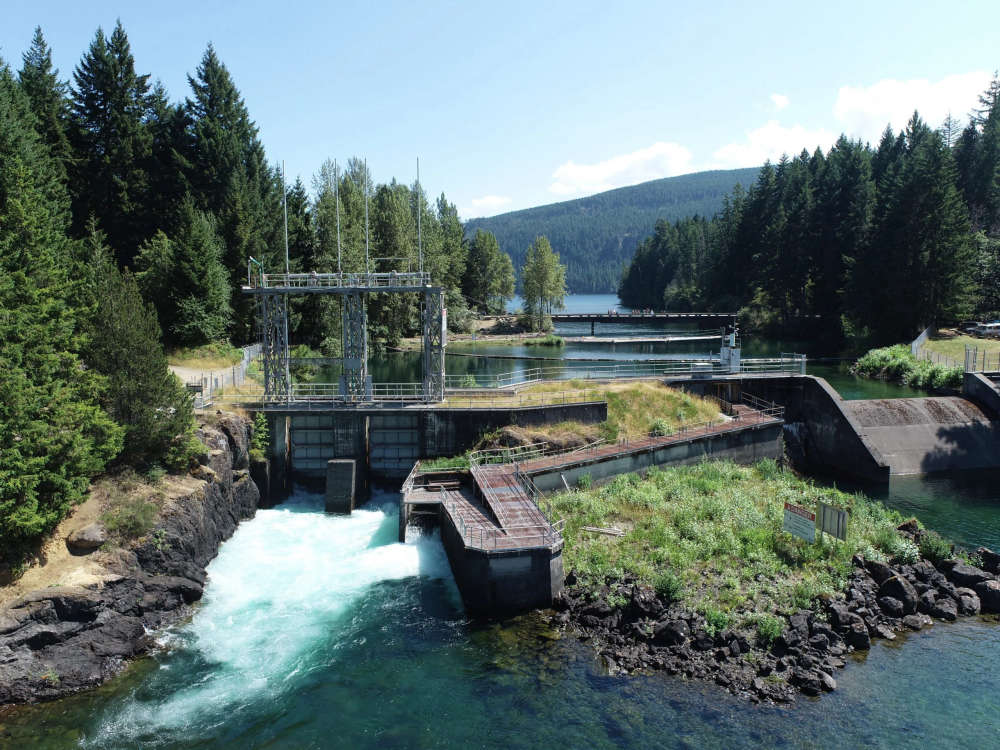
The province is freeing up more money for local governments and First Nations to help prepare for the risk of natural disasters related to climate change.
B.C. is committing a further $180 million to the Community Emergency Preparedness Fund (CEPF) to support projects that help local governments and First Nations prepare communities for the risks of natural hazards and lessen the effects before disasters happen.
The new contribution brings CEPF's total investment to $369 million since its establishment in 2017. The CEPF has historically funded projects like a new dike in Merritt, public cooling infrastructure in Victoria and planning for a tsunami evacuation structure in Tofino.
In response to the growing number of climate-related emergencies in B.C., the Province has launched ClimateReadyBC, which provides hazard and mapping tools, risk data and resources to help communities better prepare for future disasters and climate emergencies.
People can visit the online hub to learn more about various hazards, such as floods, wildfires, extreme weather, tsunamis, and earthquakes.
Since 2017, First Nations and local governments have been approved for more than 1,300 projects through CEPF that help communities mitigate and prepare for disasters and climate-related emergencies.

 Homalco First Nation Chief Darren Blaney Calls On Conservatives To Remove His Name From Press Releases
Homalco First Nation Chief Darren Blaney Calls On Conservatives To Remove His Name From Press Releases
 Construction Notice Between Campbell River & Gold River
Construction Notice Between Campbell River & Gold River
 One-Way Traffic On Comox Avenue Beginning Mid-April
One-Way Traffic On Comox Avenue Beginning Mid-April
 BC Hydro Urging Residents To Stay Away From The Puntledge
BC Hydro Urging Residents To Stay Away From The Puntledge
 First Nation Leadership Council Calls For Conservatives To Pull North Island-Powell River Candidate
First Nation Leadership Council Calls For Conservatives To Pull North Island-Powell River Candidate
